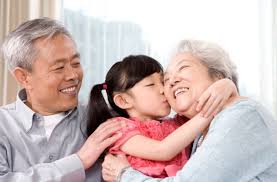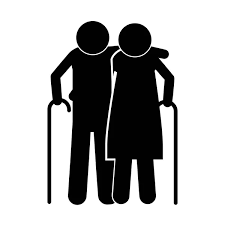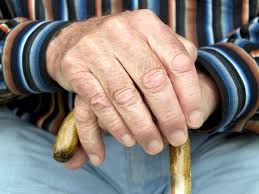 February 2023
February 2023
As high-rise communities age the issue of elder care becomes more prevalent. Determining if condo residents are in good health or sound mind is fraught with responsibility and liability.
As people age most eventually become incapable of fully caring for themself. They may develop dementia. Another may have had a stroke. Yet another may get lost wandering the halls. Most require some level of in-home assistance. Many have no family, or family that no longer cares for them. Some are too proud to accept help.
Initial problems may appear minor making it difficult to determine when a neighbour begins to have trouble, and knowing what can or should be done. An older resident may begin leaving garbage outside their door, forgetting what floor they live on or try to enter the wrong suite. Newspapers may accumulate. While their door is open there may be strange odours or visible trash on the floor.
Problems can escalate. A resident not feeling well may be unable to make it from the lobby to their suite. They are unwilling to go to the hospital and refuse offers to call an ambulance. After being helped to their suite, it appears unsafe and unhealthy. Clothing is strewn everywhere, doorways are blocked and dishes uncleaned. They could easily get hurt if left alone at home and nobody would know. They may be behind in paying condo fees and other bills, and unwilling to accept help from neighbours.
 Individual residents may choose to assist and are welcome to do so.
Individual residents may choose to assist and are welcome to do so.
Management or the board, wanting to be helpful, should tread lightly. The corporation, while being helpful, should not be taking on personal obligations such as ensuring individual residents are healthy or safe beyond what is done for all on an equal basis. Boards should protect the corporation, and all residents, from delinquent condo fee payments by individual owners. Treating one resident differently from others is a cause for concern.
In an act of compassion, an elderly owner delinquent in paying condo fees may be granted a grace period. Another owner loses their job and falls behind in paying condo fees. Granting a grace period to the elderly owner requires that a similar allowance requested by others must be accommodated. Failing to treat both situations equally, by granting a similar exemption to all owners on request, unnecessarily exposes the corporation and creates a legal problem. It doesn’t take long before many are not paying their condo fees and the corporation is in financial difficulty.
 No condominium corporation should allow one condo owner to financially benefit at the expense of another, which occurs when a financial delinquency is allowed to occur or continue. Condo management and boards allowing this to happen are accepting personal liability for financial losses to the corporation.
No condominium corporation should allow one condo owner to financially benefit at the expense of another, which occurs when a financial delinquency is allowed to occur or continue. Condo management and boards allowing this to happen are accepting personal liability for financial losses to the corporation.
Condo leaders struggle with balancing the need to maintain safety and the positive atmosphere of their communities with their desire to assist residents requiring intervention. They can reach out to family members, or contact local health care agencies or retirement homes that can provide assistance.
Condo communities can be a great home for aging or disabled individuals capable of independent living. When assistance is required to maintain semi-independent living, communities can assist. They cannot and should not replace family and other more personally involved parties. Community rules and by-laws need to be enforced equally among all residents regardless of personal circumstances.
 Treating everyone equally is not cold and uncaring. It is a reasonable expectation for a condominium corporation required to treat all owners equally in accordance with it’s declaration, by-laws and rules.
Treating everyone equally is not cold and uncaring. It is a reasonable expectation for a condominium corporation required to treat all owners equally in accordance with it’s declaration, by-laws and rules.






